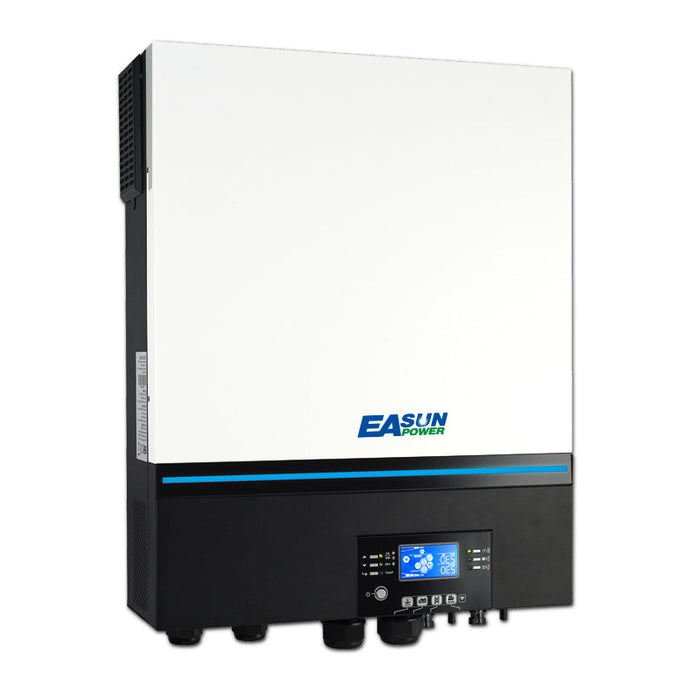Efficient Energy Management: How All-Weather Solar Power Inverters Keep Temperatures in Check in Industry None
Cuerpo
In the realm of renewable energy, the all-weather solar power inverter with temperature control stands as a pivotal innovation. This technology ensures that solar power systems operate efficiently, regardless of environmental conditions. But how exactly do these inverters manage to maintain optimal performance in varying temperatures?

Understanding All-Weather Solar Power Inverters
An all-weather solar power inverter is designed to convert the direct current (DC) generated by solar panels into alternating current (AC), which can be used by household appliances or fed into the grid. These inverters are built to withstand diverse weather conditions, from scorching heat to freezing cold, ensuring uninterrupted energy conversion.
The Importance of Temperature Control
Temperature fluctuations can significantly impact the efficiency of solar power systems. High temperatures can cause overheating, leading to reduced performance and potential damage to the inverter. Conversely, extremely low temperatures can affect the inverter's ability to function correctly. This is where temperature control becomes crucial.
"Temperature control in solar inverters is essential for maintaining efficiency and prolonging the lifespan of the system." - Industry Expert
How Temperature Control Works
Modern all-weather solar power inverters are equipped with advanced temperature control mechanisms. These systems use sensors to monitor the internal and external temperatures continuously. When the temperature exceeds a certain threshold, cooling systems such as fans or heat sinks are activated to dissipate excess heat. In colder conditions, heating elements may be used to ensure the inverter operates within the optimal temperature range.
Benefits of All-Weather Solar Power Inverters
- Enhanced Efficiency: By maintaining optimal temperatures, these inverters ensure maximum energy conversion efficiency.
- Longevity: Temperature control helps prevent damage caused by extreme temperatures, thereby extending the lifespan of the inverter.
- Reliability: All-weather inverters provide consistent performance, regardless of weather conditions.
Real-World Applications
Consider the Solar Inverter 123, a product known for its robust temperature control features. This inverter has been tested in various climates and has consistently delivered reliable performance. Additionally, the Solar Inverter 456 includes a built-in cooling system that activates automatically when temperatures rise, ensuring the system remains efficient.

Conclusion
In conclusion, the all-weather solar power inverter with temperature control is a critical component in modern solar power systems. By effectively managing temperatures, these inverters ensure that solar energy systems operate efficiently and reliably, regardless of environmental conditions. As the demand for renewable energy continues to grow, the importance of such innovations cannot be overstated.
For more information, watch the video below:










Comentarios